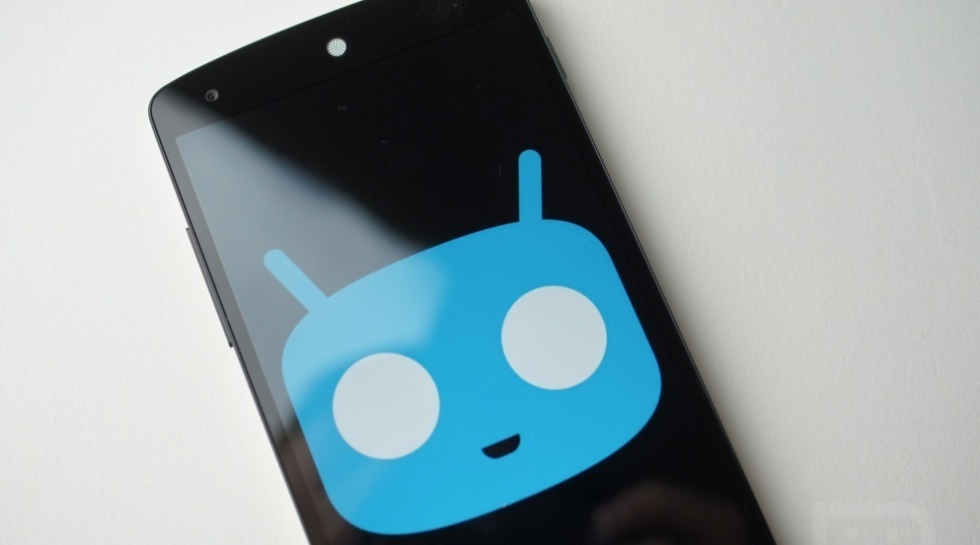According to a report from The Information, Google’s own Sundar Pichai, the overseer of all things Android and Chrome, met with Cyanogen Inc. executives recently, and was turned down after expressing interest in a complete acquisition. Ultimately, in theory, a buyout by Google would protect the company’s control of the Android ecosystem, as Cyanogen’s home-brewed version of Android is potentially the first real threat to ship on phones that Google has encountered.
With this news, Cyanogen is now discussing a Series C round of funding with a few major tech firms and late-stage investors, seeking a valuation close to $1 billion.
As many of you may know, Cyanogen is built from Android source code, with layers upon layers of custom code placed on top. These changes allow for users to highly customize the look and feel of the OS. For example, users running Cyanogen can place custom skins on the OS and also increase a device’s security thanks to additional settings. There are countless developers that contribute their code to make Cyanogen a better alternative to vanilla Android, which is provided straight from Google as open source.
Cyanogen has told potential investors that it has a deal in place to bring its custom version of the Android OS to India through a manufacturer called Micromax. Alongside Samsung, Micromax currently holds almost as much share of the smartphone market in India, making this deal a very large step to get Cyanogen into the hands of millions of more people.
Lastly, the report claims that Cyanogen should be wary of modifying Android too much. During the process, the company must continue to follow Google’s compatibility requirements which ensure third-party applications will work on their devices. If those requirements are not met, devices will not be licensed to run Google’s services, such as Google Play and other Google applications.
With Google approaching Cyanogen for a deal, and being turned down, we could be in for a big change to the company’s approach to Android. Will Cyanogen continue on its path to only customize and distribute their version of Android, or will they look to make additional partnerships with various companies to completely rid Google from the picture – much like Amazon did with their forking of Android or Samsung has with Tizen.
Share your thoughts below.
Via: The Information (Subscription)


